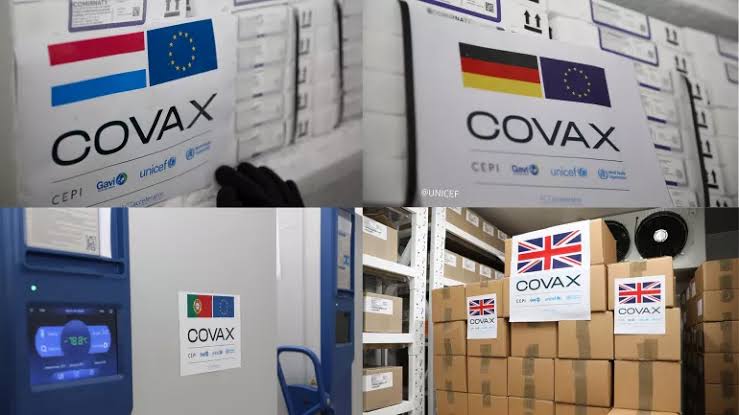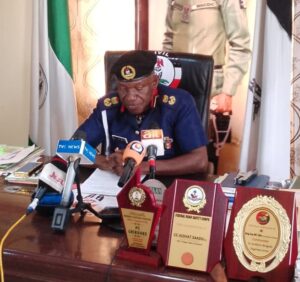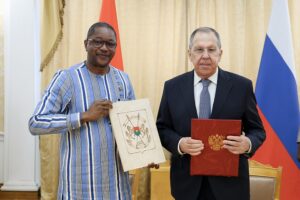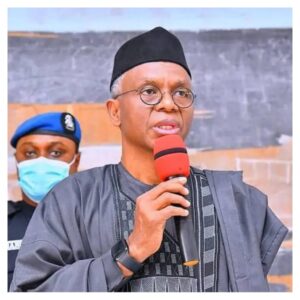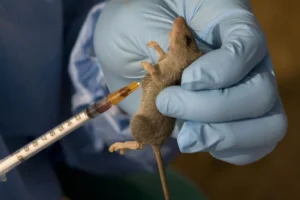Nigeria faces a significant challenge in its healthcare system, as it spends approximately N8 billion annually on importing vaccines from various countries, including the USA and Europe. This staggering amount was revealed by Dr. Godswill Okara, the General Secretary of the West Africa Post Graduate College of Medical Laboratory Science (WAPCMLS), during the 4th induction ceremony for new graduates in Medical Laboratory Science at Edo State University. The discussion emphasizes the urgent need for Nigeria to invest in local vaccine production and strengthen its laboratory systems.
Dr. Okara pointed out that the N8 billion spent on vaccines is a considerable financial burden, especially when these funds could potentially be redirected towards developing local production capabilities. Vaccines are imported from several countries, including Belgium, India, France, and South Korea, highlighting Nigeria’s reliance on foreign sources for essential health supplies.
During his address, Dr. Okara urged the Nigerian government to prioritize the establishment of a national laboratory policy. This policy should be part of a broader national health development plan, guiding the implementation of a strategic framework to enhance laboratory systems across the country. He believes that strengthening these systems is vital for improving healthcare services, disease surveillance, and control efforts in Nigeria.
He stated, “To strengthen healthcare services in Nigeria, the Federal Government must unveil the National Medical Laboratory Service Policy to address the challenges confronting health services across the federation.” This call to action is crucial, as effective laboratory systems are the backbone of any healthcare system, enabling accurate diagnosis and timely treatment.
Dr. Okara emphasized the indispensable role of medical laboratory scientists in fighting diseases and protecting public health. He asserted that these professionals are central to accurately diagnosing diseases, monitoring treatment outcomes, and conducting research. The COVID-19 pandemic has further underscored their importance, as they have been at the forefront of testing and innovation in diagnostics.
He noted, “Medical laboratory scientists constitute a key profession in the medical fraternity and also form the backbone of medical research.” This statement reinforces the idea that investing in the education and training of laboratory scientists is essential for addressing the myriad health problems facing Nigeria and, by extension, Africa.
In his remarks, Dr. Okara challenged Nigerian medical laboratory scientists to rise to the occasion and take an active role in producing human vaccines and biological products within the country. This shift towards local production would not only reduce the financial burden of imports but also enhance Nigeria’s self-sufficiency in healthcare.
He stressed, “If there is something we have learned, it is that laboratory systems and medical laboratory scientists are of vital importance to national and global preparedness, and this should become a priority investment moving forward.” His statement reflects a broader understanding of how local production can enhance both national security and public health.
During the ceremony, Prof. Dawood Egbefo, the Acting Vice Chancellor of Edo State University, advised the new graduates to uphold professionalism in their work. This includes performing diagnostic tests with precision, analyzing results accurately, and implementing quality control measures to ensure the reliability of their findings.
Prof. Tosan Erhabor, the Registrar of the Medical Laboratory Science Council of Nigeria (MLSCN), who administered the oath to the inductees, also highlighted the importance of adhering to ethical guidelines. These rules are crucial for maintaining the integrity of the profession and ensuring public trust in laboratory services.
